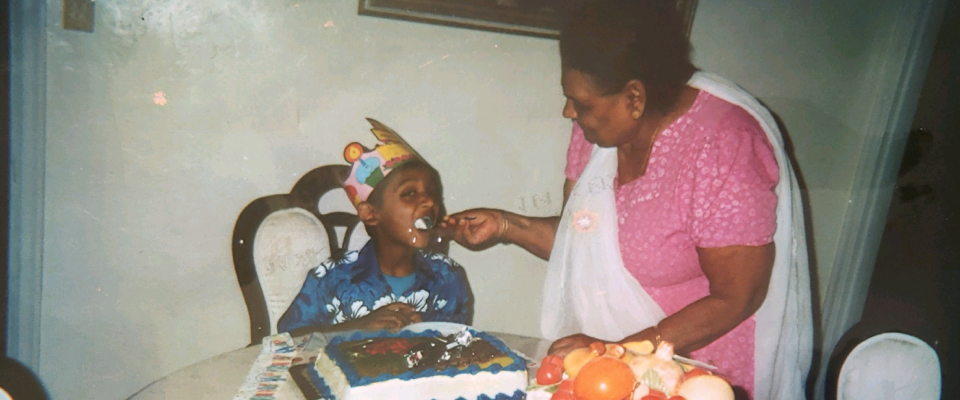Above: Ashneel celebrates his 10th birthday with his grandmother. | Image courtesy of Ashneel Pratap
Ashneel Pratap’s “let there be light” moment
October 28, 2020

Special guests include Dr. Tsu-Jae King Liu, Dean of the UC Berkeley College of Engineering and Colette Patt ’85, Ph.D. ’95, Assistant Dean for DEIBJ, UC Berkeley College of Computing.


Above: Ashneel celebrates his 10th birthday with his grandmother. | Image courtesy of Ashneel Pratap